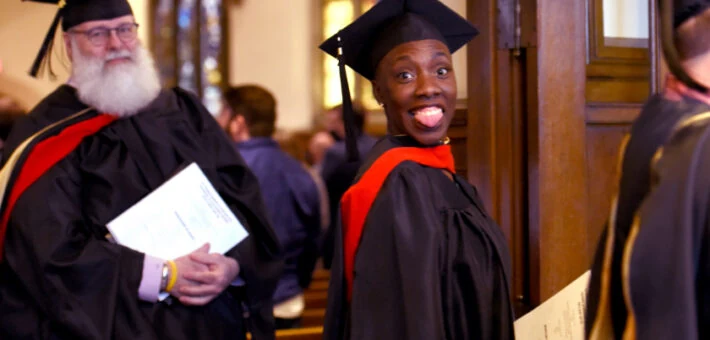
“United professors are working on relevant, impactful questions about ministries without which we wouldn’t have the rootedness to be effective in our work. We are engaged in national conversations that matter right now, shifting ministry from individuals to movement makers.”
Tanya Sadagopan – DMin, Public Theology
Doctor of Ministry Concentrations
United’s DMin degree offers the following areas of concentration:
Interreligious Chaplaincy
Public Theology
Social Transformation
Spiritual Direction
Theology and the Arts
Directed Study
Want to Learn More?
Fill out the form below and a member of our Admissions team will be in touch soon.

